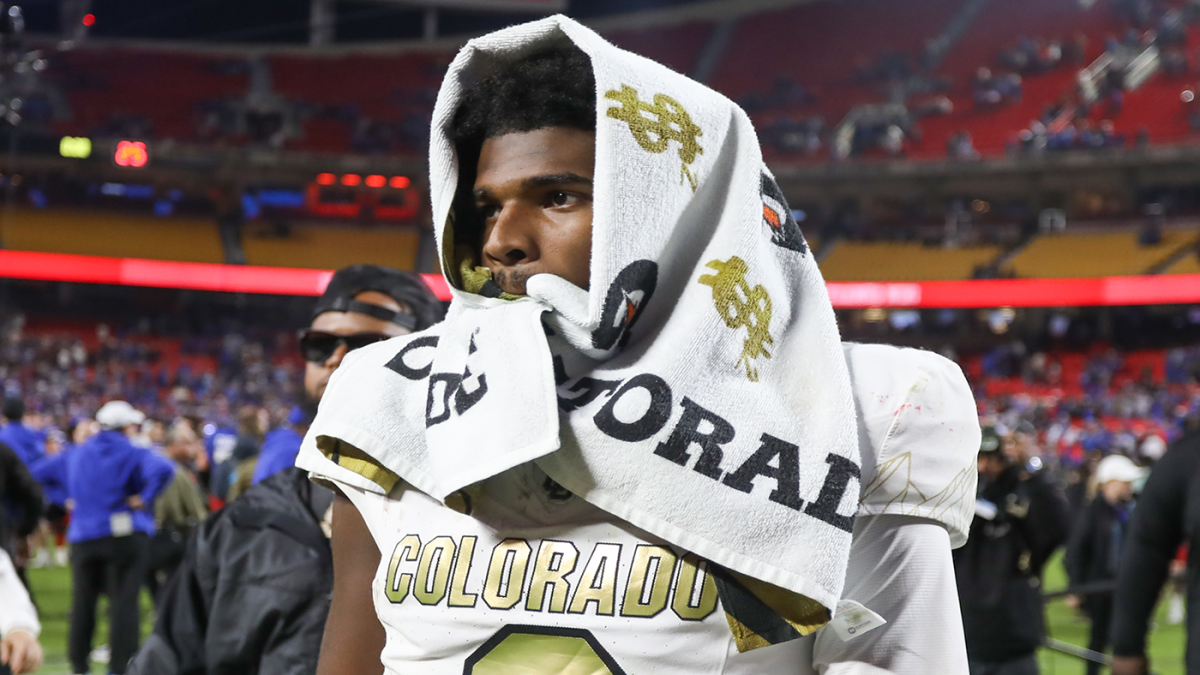Sports
Senate special committee considers restricting trans students from participating in sports

An all-male panel of lawmakers on the Senate Special Committee on the Protection of Women’s Sports announced Thursday that it is preparing to make recommendations to the state legislature about how to regulate transgender student athletes ahead of the 2025 legislative session. The committee may push for legislation that would ban trans students from competing on teams or using locker rooms that align with their gender identity.
Thursday was the third of four legislative hearings, and the first in which the committee solicited testimony from advocates of the transgender community. Previous hearings almost exclusively featured testimony from conservative groups such as the Alliance Defending Freedom, a Christian legal advocacy organization that opposes LGBTQ rights.
At Thursday’s meeting, Lambda Legal attorney Sasha Buchert urged the committee to oppose a categorical ban on trans students participating in athletic programs, warning of the negative impact a blanket ban could have on transgender youth.
“As with any public proposal policy, I think the first question always should be, ‘what problem is this seeking to solve?’ and it just can’t be that transgender girls are a threat to displace women in sports,” Buchert said. “It’s statistically impossible. Trans kids make up 1.4% of the population entirely, and half of that is obviously .7%. And sadly, very few of that .7% of transgender girls participates in sports, so it’s just not possible.”
Buchert also warned that legislation attacking the rights of transgender students could have far wider impacts on trans students’ health and wellbeing.
“Aside from whatever happens and whatever proposal comes out of this committee, there’s an impact on the mental health of these kids when demonizing terms are used or words are weaponized to really marginalize and stigmatize them,” she said. “That is going to have a lifelong effect, so I just would urge the committee to be really careful about how these conversations are framed.”
But lawmakers on the committee pushed back against policy suggestions that would allow trans children to be included in athletic programs, repeatedly alluding to safety concerns for cisgender students while asking repeated, probing questions centered on trans children’s genitals.
“I just personally have a concern, you know, having two daughters, having a trans female that still has male genitalia changing in her restroom,” said state Sen. Clint Dixon (R-Gwinnett). “I just see a big issue with that. I was hoping there would be some type of separation there.”
Several members of the public also spoke before the committee, urging them to allow transgender students to continue to compete alongside their peers.
“Attempting to create these blanket bans is nonsensical because schools and athletic departments already have protections set in place that allow for even playing fields,” said Toni-Michelle Williams, the executive director of Solutions Not Punishment Collaborative. “Creating policy for an issue that doesn’t exist is harmful to our communities.”
Other Georgia residents who advocated for the inclusion of trans athletes included Rev. Kimble Sorrells, who serves as a minister in the United Church of Christ.
“As a pastor, it is my sacred calling to stand up for the rights and wellbeing of all people, including those who are marginalized, perhaps especially those who are marginalized,” Sorrells said. “To this end, I find these hearings to be a disturbing attack on transgender athletes, transgender people and their well-being.”
He argued that the committee should pursue other policies that would better serve to support female athletes.
“If we want to promote women’s sports, which we should, then we need to do things like focusing on increasing funding and access and ensuring that they have the same opportunities as the boys’ teams,” he said.
The issue of transgender children’s rights in Georgia became a focal point during the 2024 legislative session, with lawmakers introducing bills that would ban puberty blockers from being used to treat gender dysphoria and prevent students from using school bathrooms that aligned with their gender identity. Both bills died on the final day of the 2024 legislative session.
The committee will meet once more before the state legislature reconvenes on Jan. 13, 2025, to issue its final list of recommendations, but a date for the meeting has not yet been announced.
Maya Homan is a 2024 election fellow at USA TODAY who focuses on Georgia politics. She is @MayaHoman on X, formerly Twitter.









